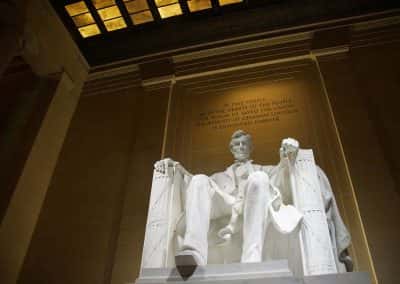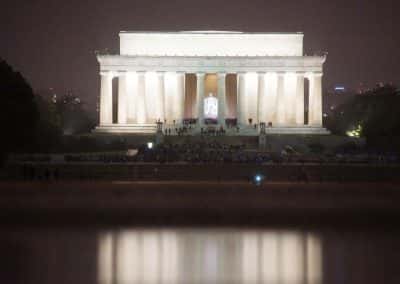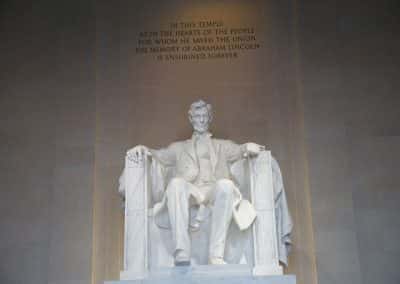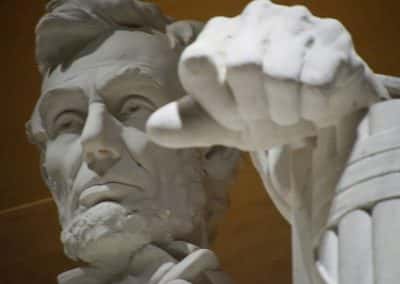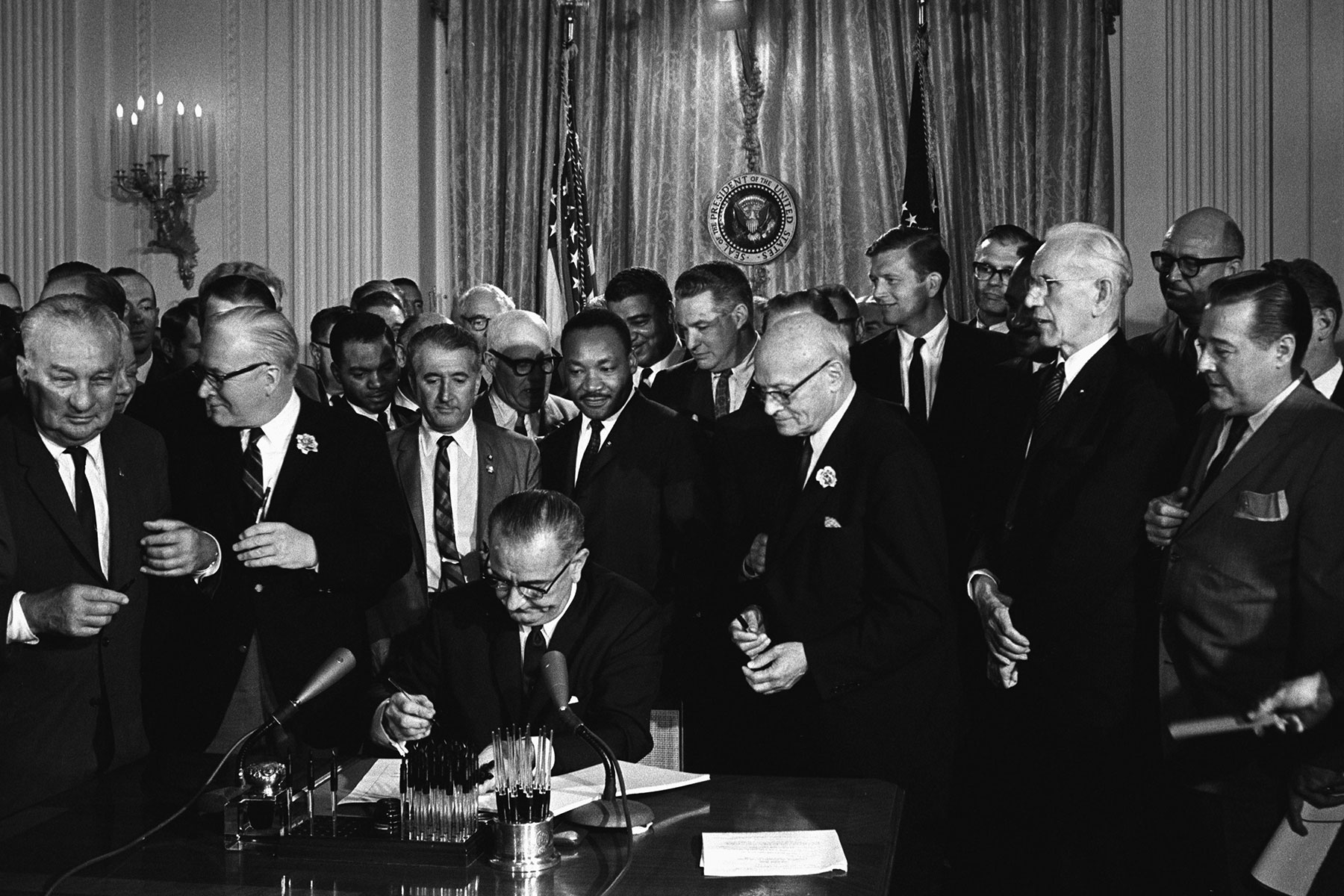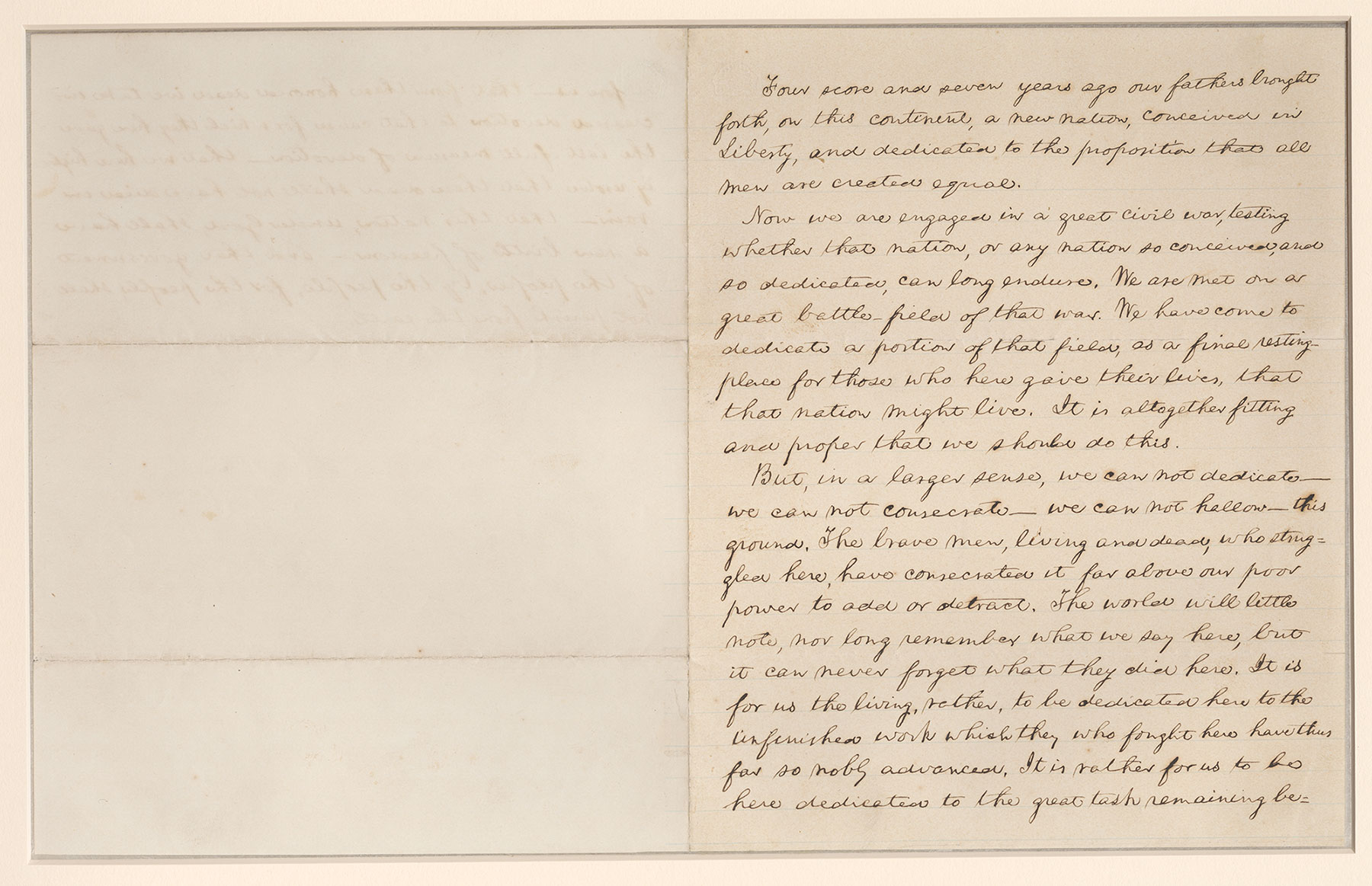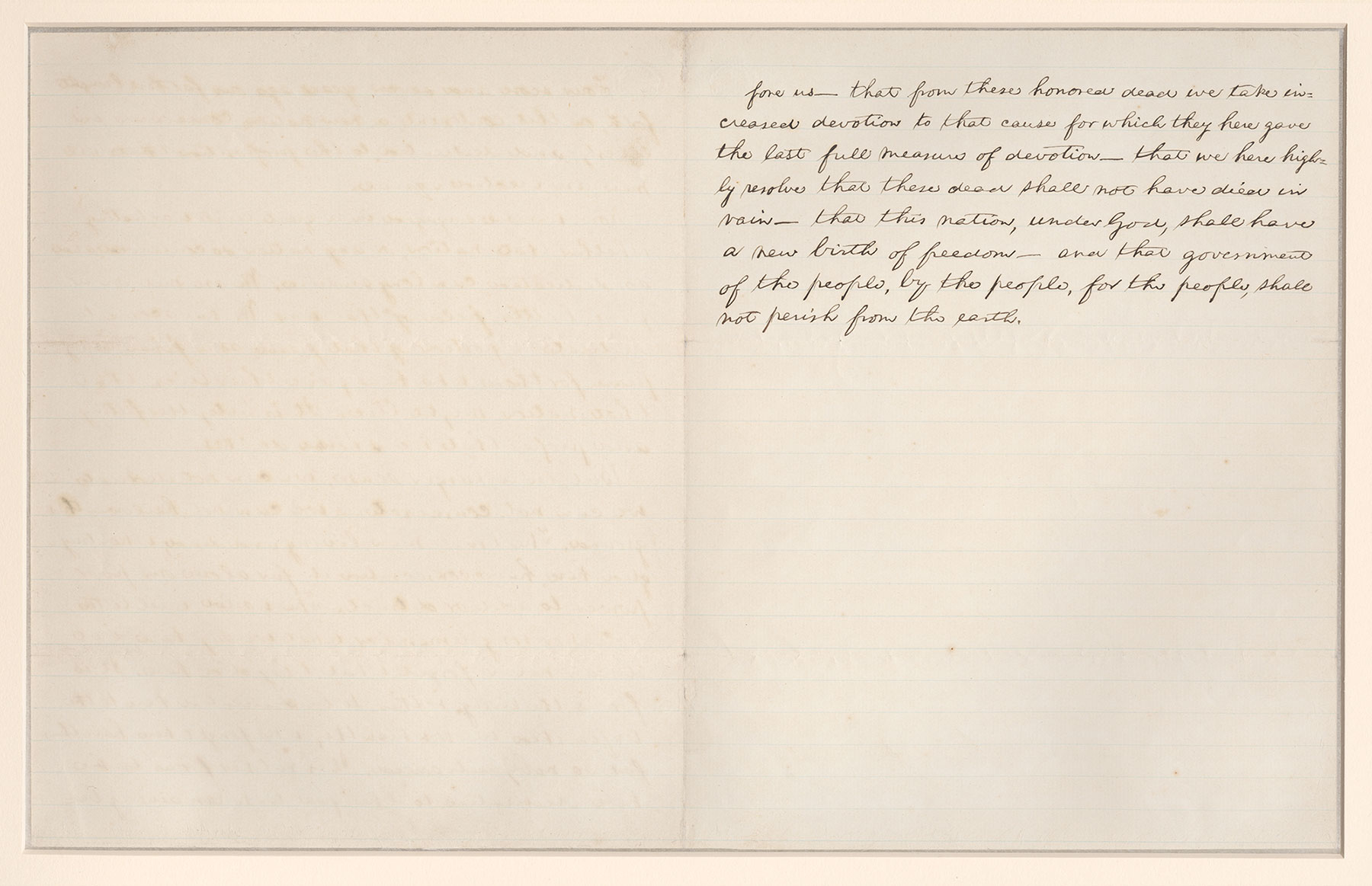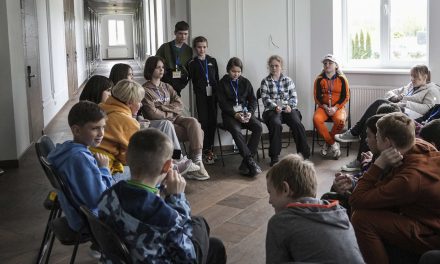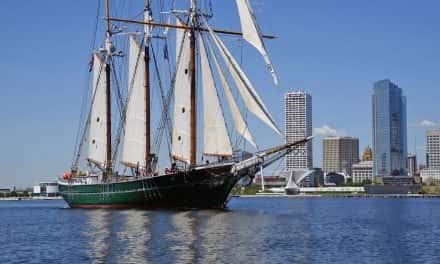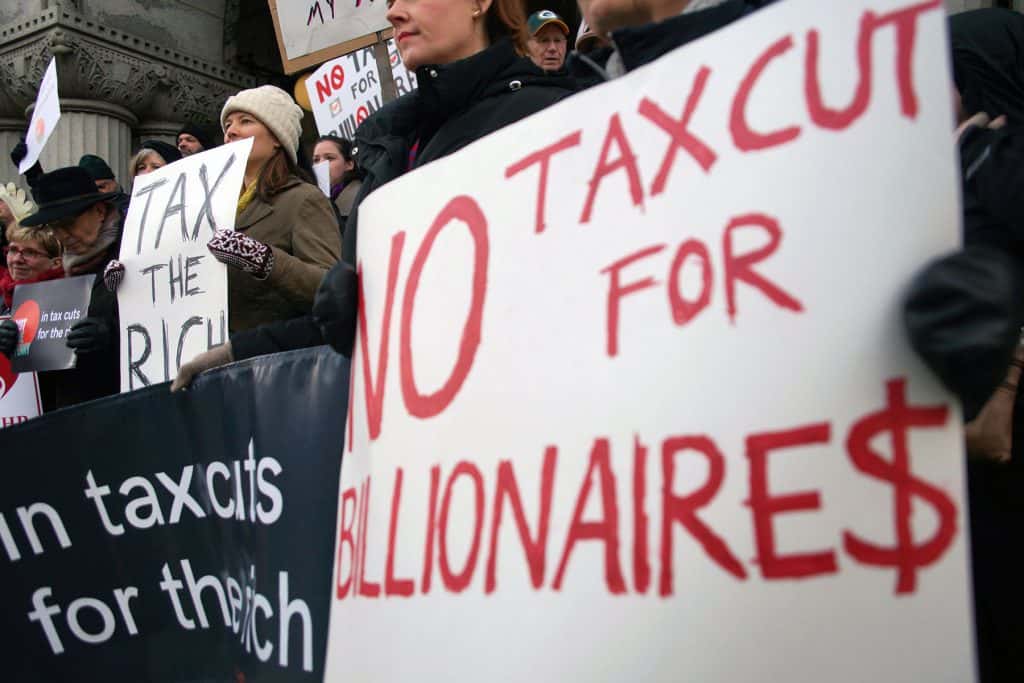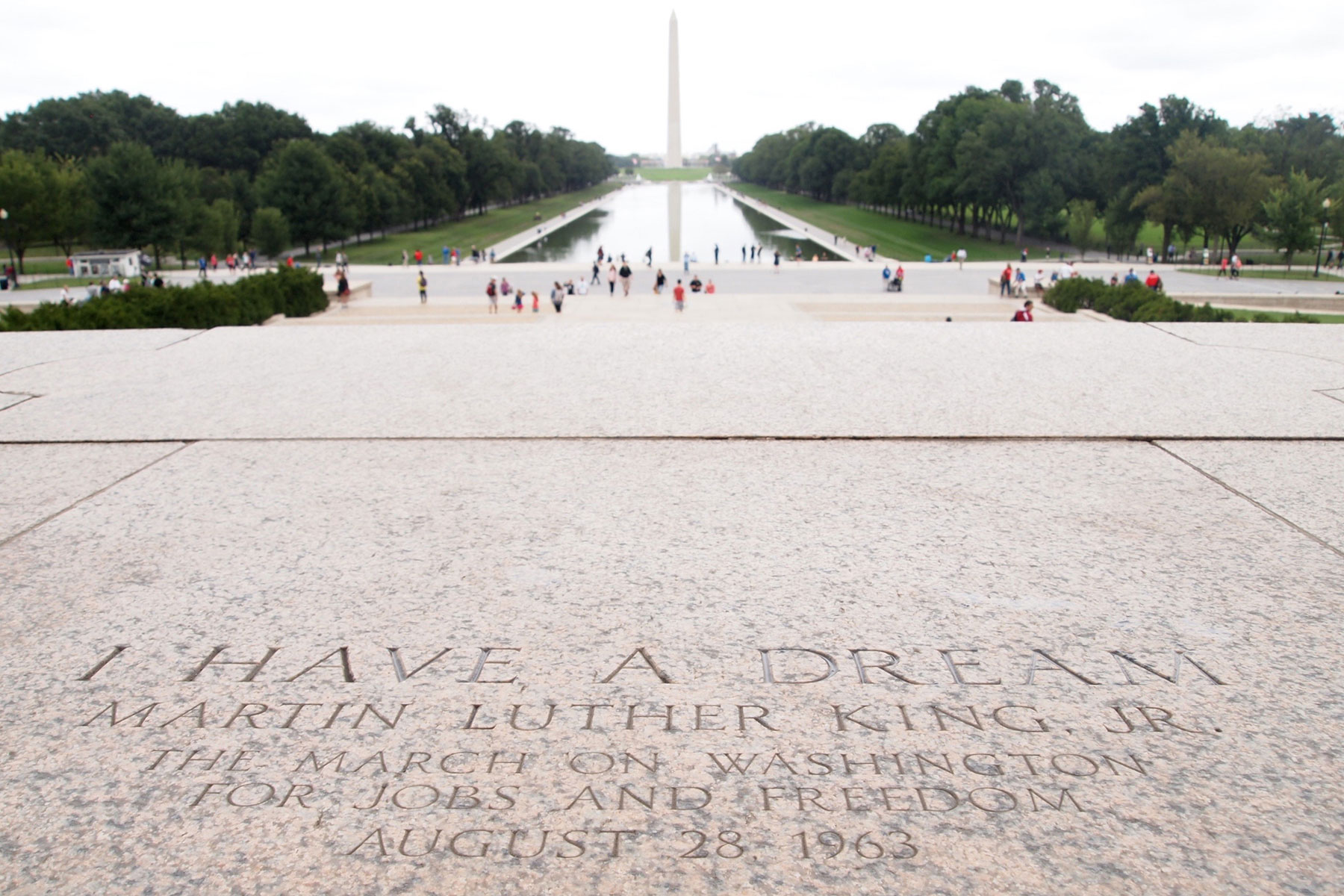
On November 19, 1863, President Abraham Lincoln delivered one of the best known speeches in American history, at the dedication of the Soldiers National Cemetery in Gettysburg, Pennsylvania.
This essay is part of a series of opinion pieces. Each one is no longer than 272 words, the length of Gettysburg Address, and responds with a view of how Lincoln’s spoken ideas in Gettysburg are relevant to America in 2017.
One hundred fifty plus four score and seven years ago, Abraham Lincoln delivered the Gettysburg address which remains the most eloquent speech ever delivered on a battle field. Lincoln blessed this battlefield of the Civil War, calling it hallowed ground, consecrated by those that died in the cause of liberty. Now a century and a half later, this nation has lost the greatest of its orators to this cause: Abraham, John, Bobby, and Martin, whose blood was also spilled for the proposition that our freedoms and a government of the people, by the people, for the people must be preserved, supported to the last full measure of their breath.
We as a nation must redouble our efforts in their names and the names of all the fallen, in all the wars this nation has fought and still fights for this same cause of liberty. No tattered flags can divide us nor represent something greater than liberty, itself. This is a devotion not to a flag but to each other as a nation.
Diversity is our new blessing. We are united in valuing liberty, not our skin color nor country of origin. It is for the living to preserve governing, to participate in elections and find common ground during the most vexing of issues knowing what is at stake should we fail. We honor our dead by ensuring that their words for freedom echoing through statehouses and their lives spent for liberty were not given in vain.
Lincoln's Gettysburg Address (The Bancroft Version)
Four score and seven years ago our fathers brought forth, on this continent, a new nation, conceived in Liberty, and dedicated to the proposition that all men are created equal.
Now we are engaged in a great civil war, testing whether that nation, or any nation so conceived, and so dedicated, can long endure. We are met on a great battle-field of that war. We have come to dedicate a portion of that field, as a final resting-place for those who here gave their lives, that that nation might live. It is altogether fitting and proper that we should do this.
But, in a larger sense, we can not dedicate, we can not consecrate, we can not hallow this ground. The brave men, living and dead, who struggled here, have consecrated it far above our poor power to add or detract. The world will little note, nor long remember what we say here, but it can never forget what they did here. It is for us the living, rather, to be dedicated here to the unfinished work which they who fought here have thus far so nobly advanced. It is rather for us to be here dedicated to the great task remaining before us that from these honored dead we take increased devotion to that cause for which they here gave the last full measure of devotion – that we here highly resolve that these dead shall not have died in vain that this nation, under God, shall have a new birth of freedom, and that government of the people, by the people, for the people, shall not perish from the earth.
Cornell University Library’s copy of Abraham Lincoln’s Gettysburg Address is one of five known copies in Lincoln’s hand. Written out by President Lincoln at the request of U.S. historian, George Bancroft, this copy, the fourth that Lincoln composed, is known as the Bancroft Copy.
Patricia Jursik is a local attorney, former Chair of MATC, and former Milwaukee County Supervisor

